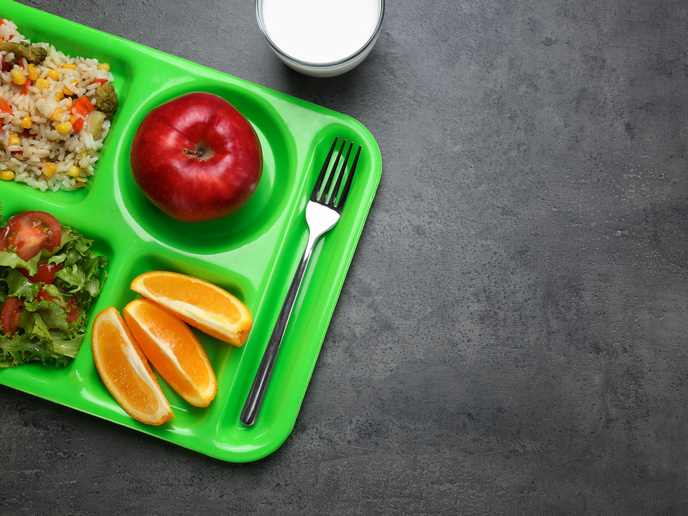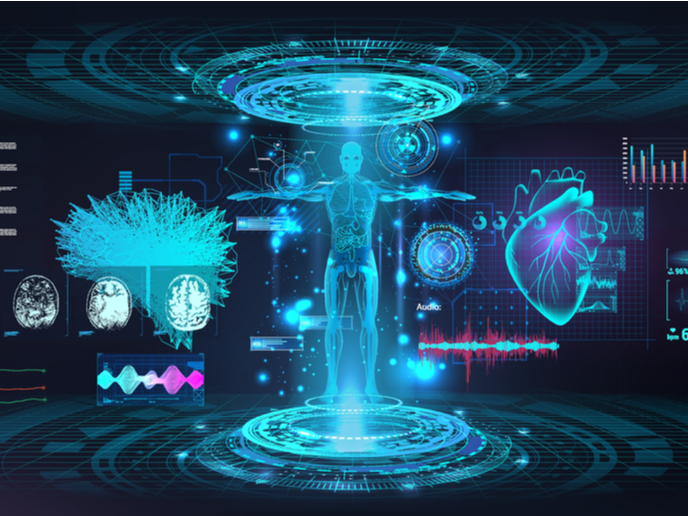Sensors that make sense
Biosensors are small devices used in medical science or environmental science, among others. They can interact with the body or environment to give certain information or a diagnosis. One type of biosensor, called an affinity biosensor, analyses biomolecular interactions such as proteins in the body. The technology is important in medical diagnosis although, until recently, it had not been perfected. In response, the 'Nano-particles: their application in the development of electrochemical molecular beacon biosensors' (NanoSens) project, fully funded by the EU, investigated how nanoparticles modify the transducer in a sensor, i.e. the electrode that comes in contact with the body. The project set out to modify the biosensor's chemical properties by using nano-particles to improve or optimise the performance of its surface. The project aimed to alter the surface of DNA sensors to make them more efficient without using chemicals or substances in the sensors. These types of biosensors are known as 'reagentless' and do not depend on external chemicals to function. Instead, the use of electrochemical molecular beacons (E-MB) was envisaged. These are extremely tiny probes that detect specific chemicals. Using these principles, and after rigorous testing, a set of positive results emerged to enable improved manufacture of biosensors. The project was ultimately successful in designing new protocols for structuring the conductive surface of the biosensors based exclusively on electrochemical techniques. The approach is very interesting not only for the sensors used to demonstrate the project, but for several types of sensors. It allows for the versatile, rapid and cost-effective solution at nano-level to improve conductive surfaces in biosensor probes. The technology may also be applied in the microelectronics industry or to prepare nanosensors. At the very least, the project has helped science come up with sensing elements that can be used as low-cost diagnostic tools in several fields, which is bound to prove very useful.







